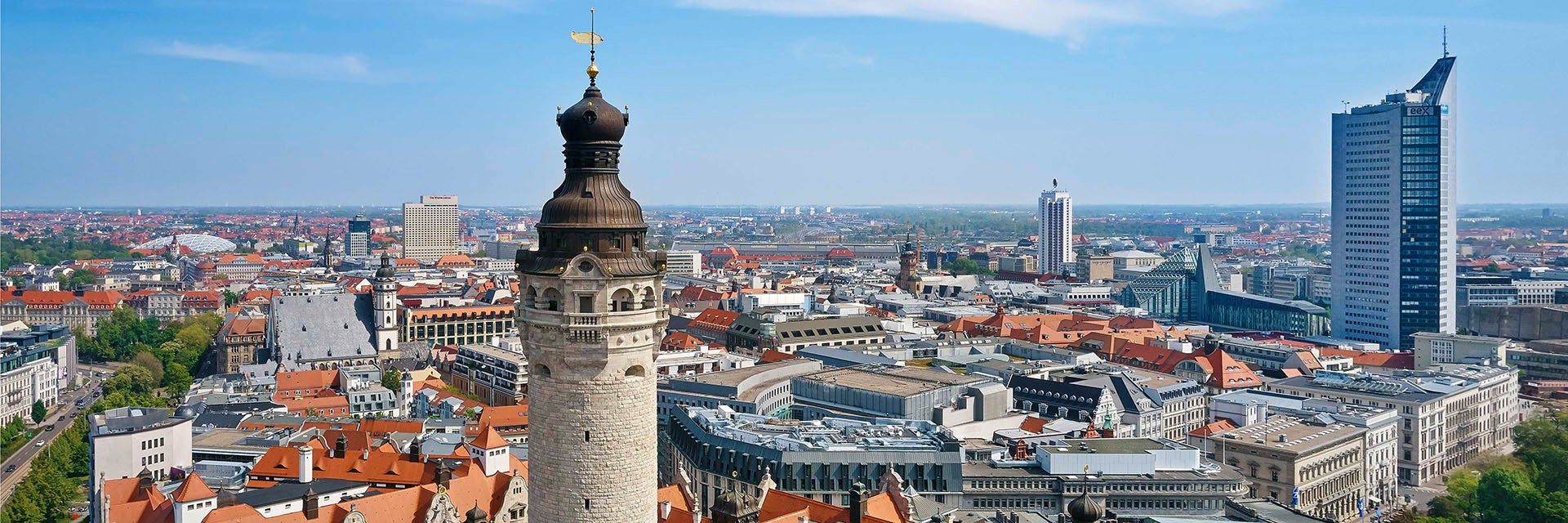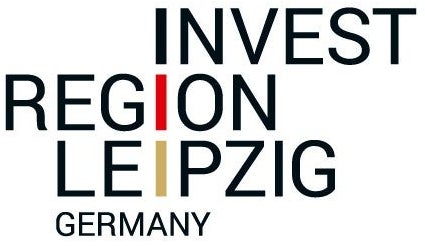
The information and communications technology (ICT) sector is the largest generator of foreign direct investment (FDI) projects globally, with tech companies being the most active and prolific when it comes to international expansion. And as investment flows rebound from the Covid-19 crash, it is tech companies that are leading the charge into new markets. According to Investment Monitor’s propriety data, software and IT services accounted for 16% of total FDI projects in 2021.

Among the locations benefiting from this upsurge in ICT investment activity is the German region of Leipzig. Leipzig’s ICT sector has grown significantly over the past 10 years, with more than 500 new companies entering the region in that period. It’s been an exciting decade for Florian Foege, ICT Sector Lead at Invest Region Leipzig, an economic development agency that supports businesses looking to set up in the area, who says foreign businesses are attracted to the collaborative working environment in central Germany. And yet, he says the best is to come.
“The past few years have proven just how important ICT is to economic stability, business growth, health, you name it,” Florian says. “You get a feeling that ICT businesses in Leipzig are excited about the future. Of course, part of that is because the government-backed ICT cluster in Leipzig is helping to bring businesses together and share ideas.”
Globally recognised ICT businesses come far and few between in Leipzig, and the city is full of hidden champions, from Mercateo, an online e-procurement platform, to Ulysses, a developer that built a writing app for Mac, iPad, and iPhone. Germany’s most popular comparison site, CHECK 24, is also based in the region.
So, the inside scoop is that Leipzig’s ICT sector is thriving, but what does that really mean? In this article, we look at Leipzig’s information technology and communication sector, exploring how business and academia intertwine as well as some of the growth opportunities for entrepreneurs looking to move to the region.
A look at the ICT sector in Leipzig
Let’s start with the basics. According to City of Leipzig economic data, Leipzig currently has approximately 1,300 ICT companies with a total of 14,800 employees working in the sector. The ICT sector is made up of eight subsectors: software asset management; eCommerce; software development; travel and comparison sites; IT solutions for logistics; AI and Big Data; cyber security; and eHealth. The state has also designated Leipzig as a Smart Digital Initiatives Hub, meaning attractive opportunities for businesses that help deliver smart infrastructure.
Part of this success is thanks to the Cluster IT Mitteldeutschland, a membership association that fosters cooperation between IT companies, research institutions, and universities. The network now includes around 70 partners from the information technology cluster.
Florian says there’s a buzz around ICT in Leipzig and that’s in part thanks to the several specialist conferences that are held in the city each year, such as the Data Core Inside Channel Conference, which explores Data Storage Management, Data Storage Infrastructures and Cloud Systems, and Protekt, a conference on critical infrastructure protection.
While Berlin and Munich may be Germany’s leading lights when it comes to ICT, businesses would be remiss to overlook Leipzig, a city that has a thriving startup scene with attractive incentives and availability of talent, aimed at bringing businesses to the region.
A mind for computers
The university and research landscape in Leipzig is another reason that businesses come to Leipzig. Each year, more than 4,000 students and trainees are engaged in ICT-related studies, of which around 750 graduate as highly qualified specialists. The number of students rises to 26,000 if you include all of Saxony, Saxony-Anhalt, and Thuringia. More often than not businesses move to Leipzig because of the steady stream of talent that helps replenish junior staff.
“Leipzig has a youthful vibe thanks to the 40,000 students currently working towards their futures and this creative environment is great for ICT businesses looking for talented graduates,” Florian says. “Leipzig is the fastest growing city in Germany, and the quality of life here means people keep coming to the region.”
The most notable research institutions in Leipzig are as follows: the Institute for Applied Computer Science (InfAI), which since 2006 has been advising companies on their digitalisation and researching application-oriented IT and communication solutions; and the Centre for Scalable Data Analytics and Artificial Intelligence (ScaDS.AI), the national and interdisciplinary centre of excellence for artificial intelligence, which has been in operation since 2014. The interdisciplinary research institute of the University of Leipzig, otherwise known as the Innovation Centre for Computer-Assisted Surgery (ICCAS), was also founded in the Leipzig Region back in 2005.
Movers and shakers
What better way to get to know Leipzig’s ICT sector is to discuss some of the newcomers that have relocated there, Florian says, pointing to several businesses that Invest Region Leipzig has assisted with their move.
Northwave, a leading cybersecurity company headquartered in the Netherlands, opened offices in Leipzig in 2019 to replicate its success at home. It is on track to reach its plan of 30 staff by the end of 2023. Eileen Walther, country manager for Northwave, said at the time: “We chose Leipzig because it is very well connected in terms of infrastructure. It is a liveable, beautiful city and therefore an attraction for talented employees.”
Another is Natuvion, a business that helps clients move data to new servers, which moved to Leipzig in 2021. Branch manager Marcus Petzold said the following about Leipzig: “There is a lot to do with energy here – Leipzig has some well established municipal utilities, the electricity exchange, VNG is based in Leipzig, and it is not far from other large energy suppliers. Energy supply was important to us because it is one of the industries in which we are very active.”
While Invest Region Leipzig wasn’t involved with the following project, Florian points to Helios Park-Klinikum Leipzig, a 5G hospital campus built by a consortium of big tech players including Helios, Iconec, Huawei, and O2 Telefónica. It is the first 5G standalone campus network in a hospital in Germany, and the project aims to optimise the efficiency of existing medical systems, giving doctors and nurses more time for their core tasks. This project highlights just how Leipzig is well-known for innovation.
A major recent success story for Leipzig’s ICT sector is that of XITASO, the high-end software engineering service provider, who opened a regional office in the city in July 2021. It chose Leipzig because of the many businesses that might become customers and to expand on the continent. Steven Ponndorf, XITASO Leipzig site manager, said the software business also likes to operate in highly complex areas where they can add value, pointing to Leipzig’s pioneering logistics sector.
“At the new location, XITASO is gaining customers short to medium distances in and around Leipzig to Jena. Because we implement individual customer projects, proximity, including geographical, is essential to us. And because of its location, Leipzig is simply perfect for covering central and eastern Germany,” Steven says.
Indeed, there are opportunities across all eight of the ICT sub-sectors, but the most significant are in AI, Big Data, logistics and mobility, cybersecurity, and e-health.
“Yes, the ICT sector is thriving in Leipzig,” Florian says, “and that’s because Germany truly recognises the importance of technology for addressing the economic and societal pressures we’re facing now. We like to think we’ve created the perfect ecosystem for businesses to thrive, and there are attractive government incentives for businesses that move here.”
To find out more about Leipzig’s ICT sector, the incentives available to foreign businesses, or how Invest Region Leipzig can help you move, download the whitepaper on this page.


